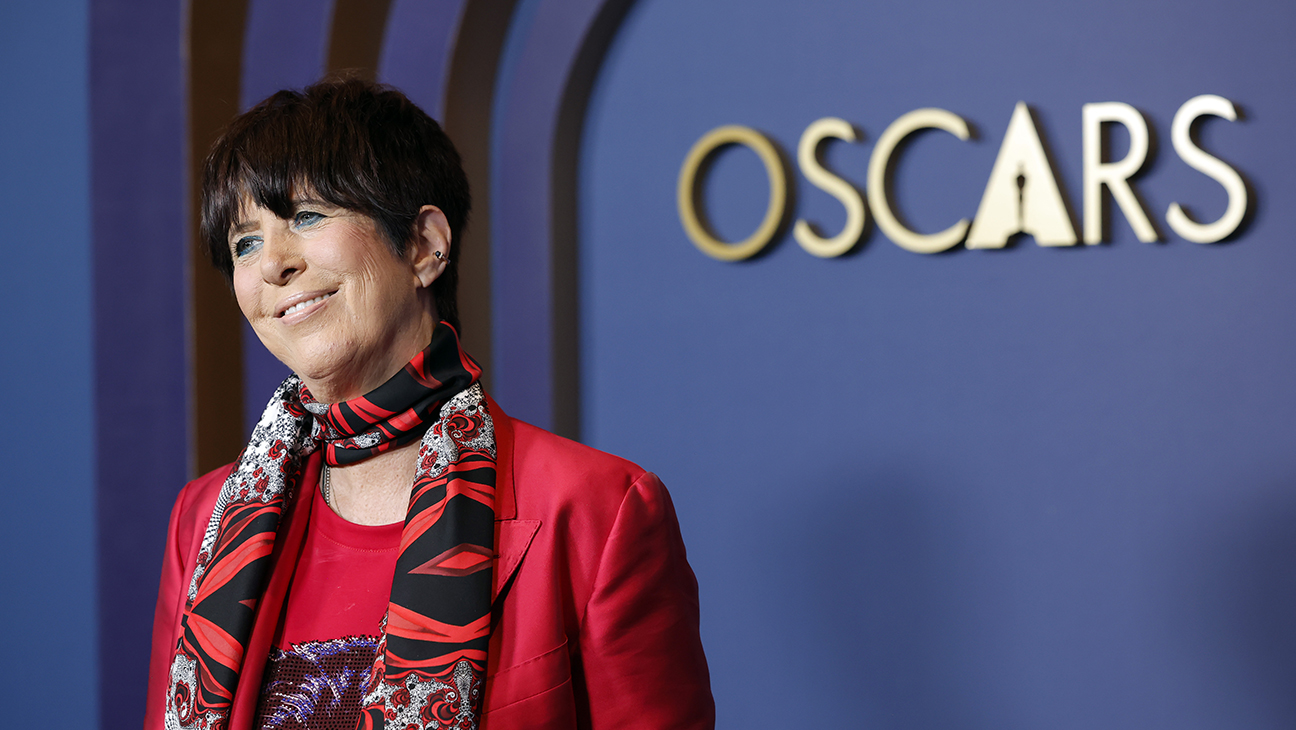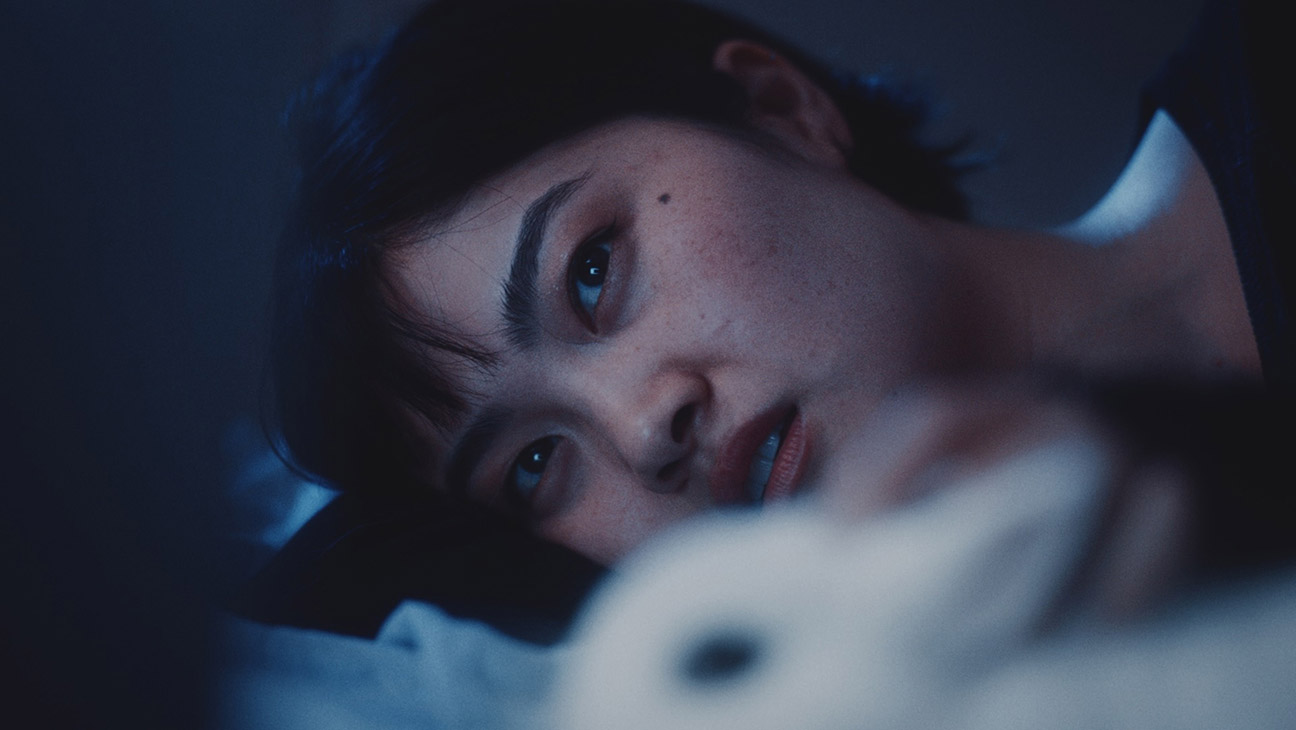What’s great about the criminal investigation genre is that it’s so formulaic that the best entries usually use it as a pretext to talk about something else.
Case — or is that cold case? — in point: Unidentified, the new detective flick from director Haifaa al-Mansour, utilizes the death of a young woman to explore how Saudi Arabia’s crushing patriarchy creates both victims and criminals out of its female population. Sleekly if routinely made, this classic whodunit is ultimately more interesting for what it reveals about the filmmaker’s homeland than for the mystery it unfolds.
Unidentified
A whodunit that fights the patriarchy in surprising ways.
This doesn’t mean that al-Mansour, who broke out in 2012 with the international arthouse hit Wadjda — the first feature film ever made in the kingdom — doesn’t have a few good twists up her sleeve. For viewers who are skeptical of the movie’s polished sheen and familiar tropes, it’s worth sticking around for a finale that’s straight out of The Usual Suspects. Not only does it makes us rethink everything we’ve seen; it doubles down on its critique of a country pushing women to extreme measures.
Given how overt that critique is at times, it may seem surprising that Unidentified received funding from the Saudi Film Commission, especially given the recent controversy involving American stand-up stars accepting to police their content when performing for big bucks in Riyadh. But that’s the paradox of a regime that has made an effort to foster art and culture (the ban on cinemas in Saudi Arabia lifted in 2018) while trying to maintain a certain level of censorship. In the best cases, such as al-Mansour’s new movie, the messages manage to slip through the cracks: No mention is ever made onscreen of social or religious oppression, but the proof is definitely in the pudding here.
Or rather — in the dead body of a teenage girl, which turns up in the desert at the start of the film, prompting a long, winding investigation to both uncover the victim’s identity and, eventually, who the culprit is. The twist is that the detective is an amateur sleuth named Noelle (Mila Alzahrani), a recently divorced woman who works as a low-level clerk in a police precinct responsible for petty offenses. The other twist is that Noelle is addicted to a podcast (performed by Adwa Alasiri) that dishes out both true crime stories and helpful makeup tips, an amusing combination of gloss and gore.
The podcast is one of many ways Unidentified highlights the predicament facing Saudi women, pressured to be pretty, pious and obedient housewives, even if they desire something more for themselves. Through nightmarish flashbacks, we learn how this was the case with Noelle, who tragically lost a child and whose husband decided to take on a second spouse, as is permitted under the kingdom’s laws. Noelle chose to separate from him instead, and she clings to the mysterious death of a high-school student as a means to both mourn her loss and help an anonymous victim whom society has cast aside.
The best parts of the film show Noelle discreetly investigating the murder while her male colleagues remain two steps behind her. She keeps running into brick walls — whether at the girl’s school, which is embarrassed by her promiscuity (the victim died while meeting up with a mystery man before her upcoming arranged marriage); when interrogating her mother (Fatma Alshareef), who refuses to grieve for a dead daughter who brought humiliation upon the family; or when chasing down a street artist (Abdullah Alqhahtani) who tags Koranic messages around town and appears to be the number one suspect.
As both a novice detective and a woman, Noelle certainly has the cards stacked against her. But she ingeniously finds ways to bring us closer to the truth, which speaks to a greater truth about female life in Saudi Arabia. The fact that Noelle is able to drive around town — Saudi women were only permitted to hold driver’s licenses starting in 2018 — and conduct her own inquiry shows that times have changed. And yet there is much progress to be made, with the film’s surprising denouement both pulling the rug out from under us and commenting on how desperate the situation remains.
In the press notes, al-Mansour explains that Unidentified is the third part of a “Saudi trilogy” that began with Wadjda and continued with The Perfect Candidate, both of which featured heroines striving under a system that was slowly and painfully granting women a greater place in society. (In between those two, al-Mansour made the English-language biopic Mary Shelley.) Her latest takes that scenario to a darker and more twisted place, deepening the feeling that things are far from okay in the kingdom.
It’s unfortunate, then, that the filmmaking isn’t always on par with the messaging. Shot in a polished, overlit style that looks closer to television than to cinema, and filled with a nonstop Hollywood-style score that hits all the requisite thriller notes, Unidentified distinguishes itself less through its form than its content. Still, at a time when various kinds of official censorship continue in Saudi Arabia — and now, quite possibly, in the United States — al-Mansour endures as a powerful voice of resistance, making movies that speak for the voiceless, whether they’re living or dead.





